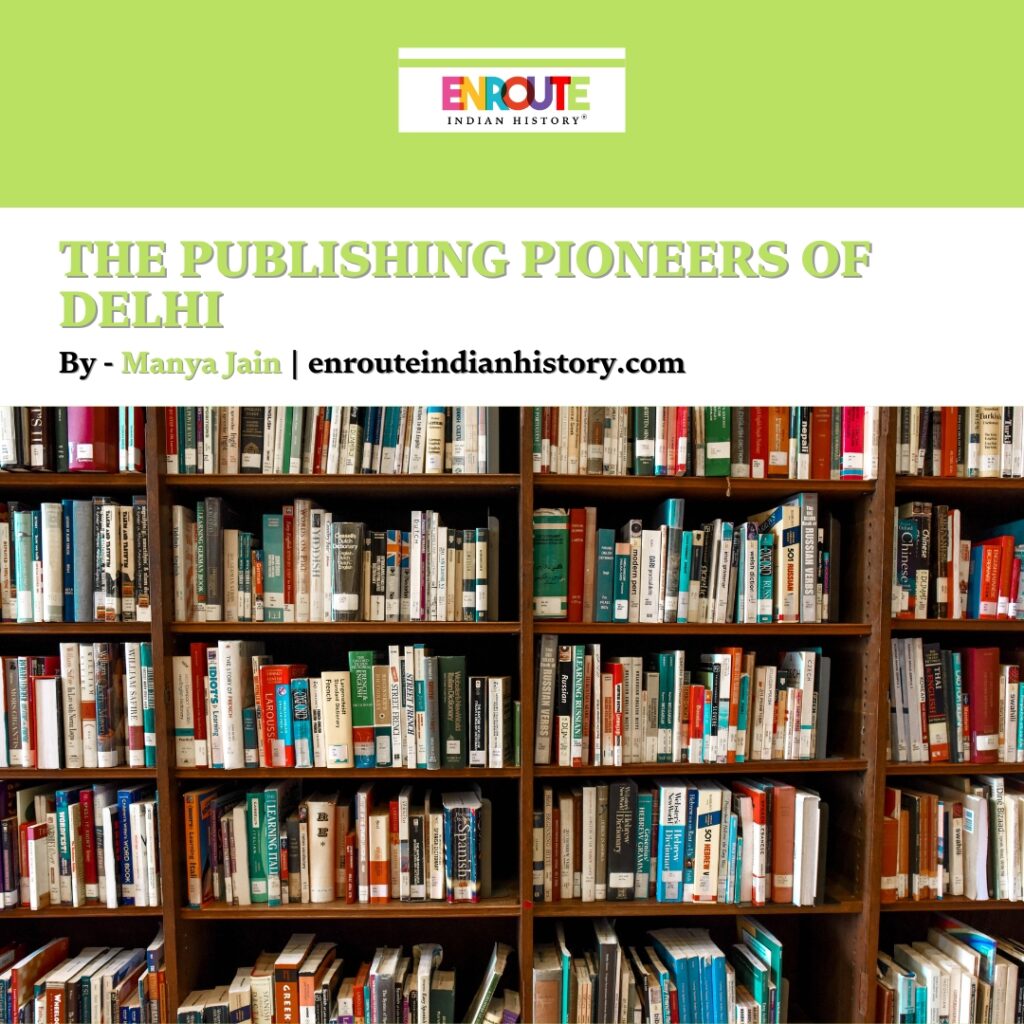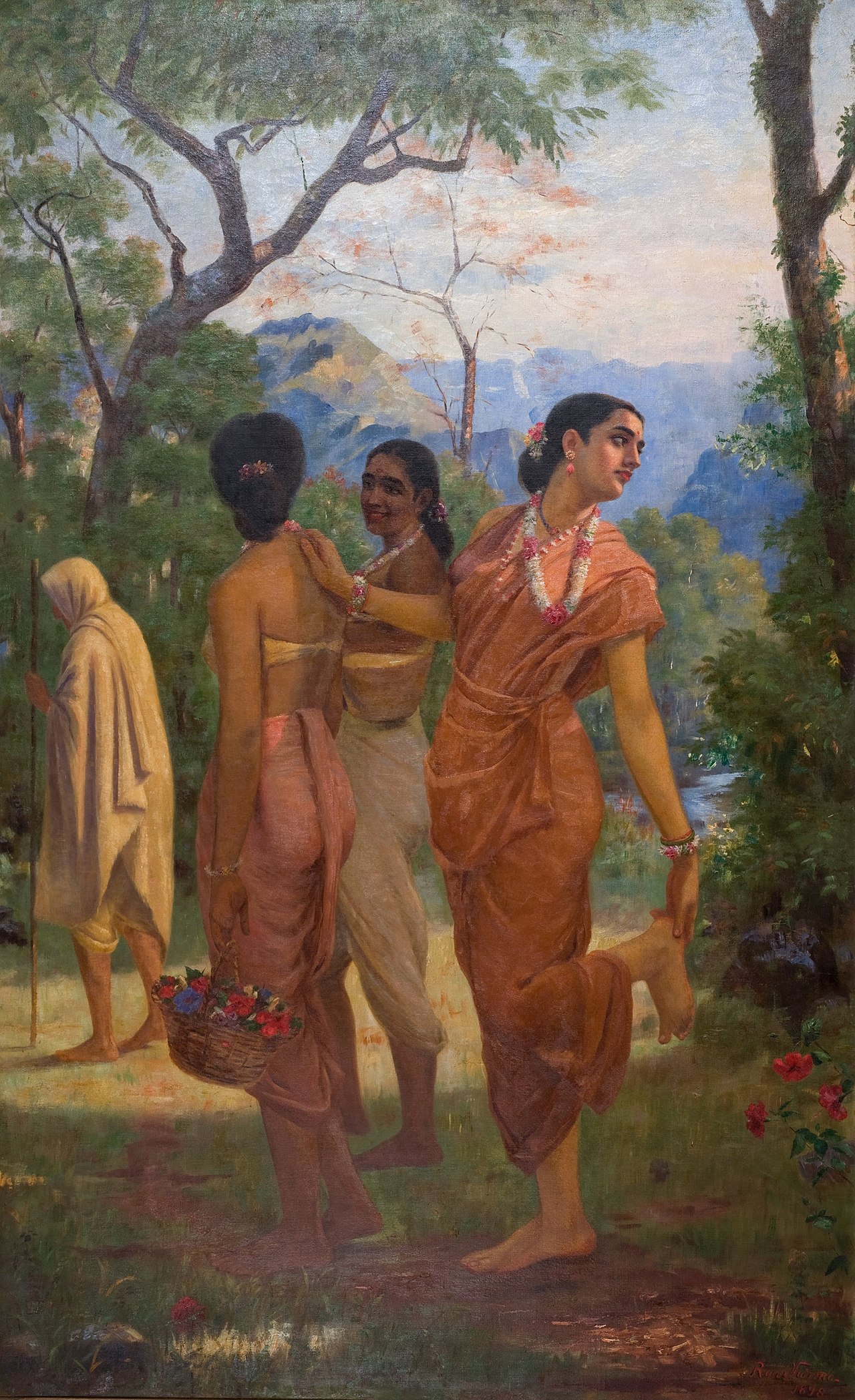

Delhi’s oldest library; Hardayal Municipal Public Library
When was the last time you lost yourself in the quiet corners of a library, surrounded by the comforting scent of old books and the soft rustle of turning pages and or wandered through the nooks of a beloved bookstore, discovering hidden literary treasures instead of scrolling through Amazon’s endless listings? Delhi’s iconic libraries and bookstores, once vibrant sanctuaries of knowledge and imagination, are now fading into history. The rise of social media, changing reading habits, and the advent of e-books have all contributed to this slow and painful cultural decline in Delhi, compounded by ongoing political struggles over library funding. The impact on Delhi’s literary scene is profound, with many of the city’s beloved institutions now facing closure. Yet, these spaces remain etched in the city’s cultural memory, cherished as places where communities were formed and stories came to life.
Disappearing Libraries in Delhi
Disappearing libraries in Delhi, were once far more than mere repositories of books—they were vibrant cultural hubs where intellectuals, students, and bibliophiles gathered. The Delhi Public Library, the Nehru Memorial Library, and the Hardayal Municipal Library in Chandni Chowk weren’t just places to borrow books; they were “living rooms for the city,” where ideas flowed freely, debates sparked minds, and lifelong friendships took root. These spaces were the “heartbeat of Delhi’s intellectual life,” reflecting a rich literary scene in Delhi that thrived on the exchange of knowledge and camaraderie, making them an integral part of the city’s cultural fabric.
Hardayal Municipal Heritage Public Library
Tucked away from the bustling lanes of Chandni Chowk, the 159-year-old Hardayal Municipal Heritage Public Library stands as a serene oasis amid the chaos. Originally named after Lord Hardinge, this historic library was later renamed to honor Hardayal and carries with it a rich colonial past. The heritage building, home to an invaluable collection of 8,000 rare books from its stock of 170,000, has been in urgent need of restoration. Among its treasures are gold-illuminated Persian manuscripts of the Mahabharata, a 16th-17th century Mughal-era Quran, a 1634 edition of Thomas Herbert’s A Relation of Some Yeares Travaile, a 1677 edition of Sir Walter Raleigh’s History of the World, and an 1881 edition of Lallulal’s Prem Sagar written in Braj Bhasha. However, this historic institution faces a dire crisis, reflecting the changing face of Delhi’s libraries, with many branches closing in recent years due to severe financial and staff shortages. Urgently requiring restoration and preservation efforts, this crisis underscores the impact on Delhi’s literary scene and the critical need for preserving Delhi’s literary heritage.
A commemorative postage stamp on the Centenary of the Hardayal Municipal Heritage Public Library (HMPL)
The Delhi Public Library

The Delhi Public Library (DPL), established in 1951, has long suffered from government neglect, with more than half of its 35 branches staffed by individuals whose duties stretch from managing books to cleaning the premises. “These people are polite but know nothing about books. Sometimes I ask about a specific title and get a blank stare,” laments a library member. Ironically, this library, which houses hundreds of rare books, some over 300 years old, has just 800 annual members at its main branch in the Walled City. “It is a sad commentary on us as a society that a library with such a great collection of rare books has been neglected for so many years,” said Aditya Sharma, a children’s writer and regular visitor.
The crumbling state of Delhi’s iconic libraries is a stark reminder of the cultural decline in Delhi. Prof. P.B. Mangla, former head of the Department of Library Science and a Tagore National Fellow, argues that the Central government must step in to save these cultural treasures. “Access to a well-stocked library is a right, not a luxury,” he asserts. “A new law is urgently needed to establish a robust public library system in the Capital.”
Membership in these libraries was once seen as a rite of passage, akin to receiving a key to a world of endless possibilities. In the past, people used PAN cards or voter IDs for identification, but now, renewals are becoming increasingly rare.
The transformation of Delhi’s literary spaces also reflects a broader trend in the decline of Delhi’s iconic bookstores, underscoring the need to preserve Delhi’s literary heritage amidst the shifting landscape of book culture.
Bookstores: The Pulse of Delhi’s Literary Scene
Just as libraries are places of quiet reflection, Delhi’s bookstores have been vibrant centers of literary culture. Iconic bookstores in Delhi like Bahrisons, Faqir Chand & Sons in Khan Market, and the cherished Daryaganj Sunday Book Market are integral to the city’s book-buying experience. These stores were often crammed with shelves overflowing with books, where one could spend hours browsing, discovering hidden gems, and engaging in conversations with fellow readers. Today, however, they sadly become mere backdrops for Instagram posts, reflecting a cultural decline in Delhi and shifting Delhi book culture changes.

A vintage picture of Bahrisons in Khan Market, New Delhi
The bookstore owners and staff were more than just vendors; they were curators of literary worlds, offering personal recommendations, sharing author anecdotes, and even letting regulars reserve new arrivals before they hit the shelves. From the beloved Midland in South Extension, under the stewardship of Asad Bhai—Mirza Asad Baig—to New Book Land in Janpath and Kamla Nagar, each store was a guardian of literary treasures, embodying the spirit of iconic bookstores in Delhi. Midland’s stacks featured remarkable publications by the Sound & Picture Archives for Research on Women (SPARROW), such as Ambai’s Mirrors and Gestures: Conversations with Women Dancers and The Singer & the Song: Conversations with Women Musicians, revealing worlds previously unimagined.
For many middle-class Indians, education rarely encompassed the rich arts of India. Authentic voices and oral histories were often overlooked, and it was the outer peripheral shelves of these bookstores that yielded the most unexpected treasures over the years. The simple joy of walking into a bookstore to inquire about the latest release or haggling over a second-hand novel at the Daryaganj market was an experience cherished by Delhiites, reflecting a deep love for the city’s vibrant literary culture amidst the cultural decline in Delhi and evolving Delhi book culture changes.
The Decline: A Digital Age Dilemma
However, the rise of digital technology has brought about a drastic change. With the advent of e-books, Kindle, online stores like Amazon, and the easy accessibility of information on the internet, the need for physical books and libraries has diminished. The younger generation, more attuned to screens than paper, finds little appeal in the idea of spending an afternoon in a library or browsing through shelves in a bookstore.
This shift has led to a gradual decline in library memberships, contributing to the cultural decline in Delhi. Once-proud institutions now struggle to attract visitors, and their once-vibrant halls echo with emptiness. Many of Delhi’s bookstores, unable to compete with the convenience of online shopping, have faced closure, leaving behind memories of a bygone era. The Daryaganj Sunday Book Market, once the heart of Delhi’s literary soul, has been reduced to a shadow of its former self, with fewer stalls and declining footfall.
In an era where everything is becoming increasingly digital and isolated, the decline of these spaces signals a shift away from communal learning and shared cultural experiences. The loss of Delhi’s iconic libraries and bookstores means the loss of the tangible, tactile experience of reading—a connection to history, culture, and each other that cannot be replicated by a screen.
Can We Revive the Tradition?
For those who grew up with these institutions, the memories of clutching that cherished library card or discovering a first edition in a dusty corner of a bookstore are laced with nostalgia. Yet, amidst the cultural decline in Delhi and the challenges facing disappearing libraries in Delhi, there is a glimmer of hope. Initiatives like community libraries, book clubs, and reading events are gradually rekindling the joy of physical books. Some bookstores, resilient in the face of Delhi’s bookshop culture decline, have adapted by hosting literary festivals, author readings, and discussions, transforming themselves into vibrant cultural hubs once again.
Perhaps the future of Delhi’s iconic libraries and bookstores lies in reimagining these spaces—not just as places to access books, but as dynamic centers of culture, learning, and community. The challenge is to bridge the gap between the digital and the physical, ensuring these spaces remain relevant in an increasingly fast-paced, online world.
In the end, the slow death of Delhi’s iconic libraries and bookstores is not inevitable. With collective effort and a renewed appreciation for the cultural value they bring, there is hope that these cherished spaces can be revived, preserving a vital part of Delhi’s literary heritage for future generations.
References:
https://www.jstor.org/stable/20027402?socuuid=2a2b101e-4ca6-46d1-b3cb-3339a3cbba30
https://www.newindianexpress.com/cities/delhi/2021/Jun/12/historic-hardayal-municipal-public-library-building-restored-after-years-of-wait-2315038.html
https://scroll.in/article/977330/i-read-therefore-i-hope-a-bibliophiles-paean-to-bookstores-especially-delhis-midland-book-shop
Image References:
https://www.hindustantimes.com/rf/image_size_960x540/HT/p2/2016/12/06/Pictures/hardayal-library_d32afbac-bbd3-11e6-a898-3949986517f3.jpg
https://www.istampgallery.com/wp-content/uploads/2017/03/Hardayal-Municipal-Heritage-Public-Library-India-Stamp-2016.jpg
https://assets.cntraveller.in/photos/611a5bf75ee2ad4060e8ca6f/master/w_1600,c_limit/indian-bookstores-bahrisons.jpg
- Changing face of Delhi's libraries
- Closure of bookstores in Delhi
- Cultural decline in Delhi
- Delhi book culture changes
- Delhi's bookshop culture decline
- Delhi’s iconic bookstores struggle
- Disappearing libraries in Delhi
- Future of Delhi bookstores and libraries
- Iconic bookstores in Delhi
- Impact on Delhi's literary scene
- Literary scene in Delhi
- Preserving Delhi’s literary heritage
- Transformation of Delhi’s literary spaces




















